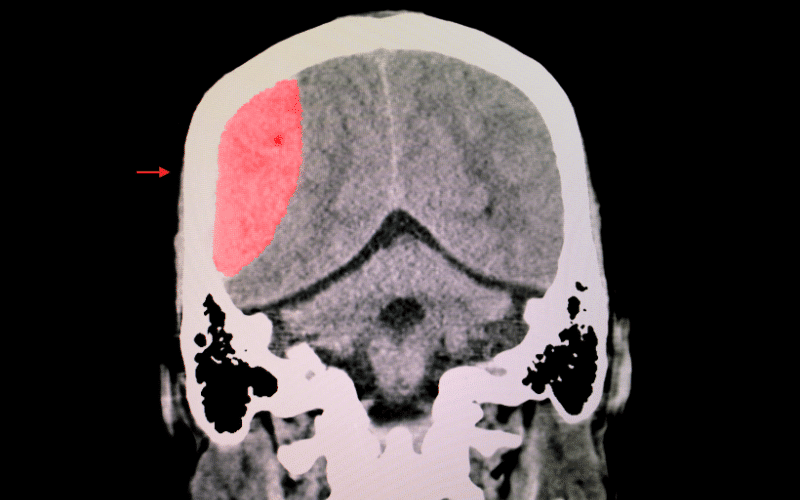Fact 6: The Burden of Traumatic Brain Injury on Healthcare Systems

The repercussions of Traumatic Brain Injury (TBI) aren’t limited to individuals alone; they extend to healthcare systems and society as a whole. TBI poses significant clinical and public health challenges due to the resources required for its management and the socioeconomic burden it imposes.
For starters, the direct healthcare costs associated with TBI are substantial. These include costs for hospitalizations, surgeries, medications, diagnostic tests, and long-term rehabilitation therapies. According to the CDC, in 2014, the total economic cost of TBIs, including direct and indirect medical costs, was estimated to be approximately $76.5 billion in the United States alone.
Indirect costs are also substantial. They incorporate lost productivity from disability or premature death and the financial strain on caregivers who may need to leave their jobs or reduce their working hours to care for the injured person. Furthermore, the societal burden of TBI includes costs associated with special education, social services, and the criminal justice system.
Also, given the chronic nature of TBI’s effects, the ongoing care needed by individuals with TBI leads to a high utilization of healthcare resources over the long term. Chronic care facilities, home healthcare, and continued outpatient services all form part of this extended care.(6)